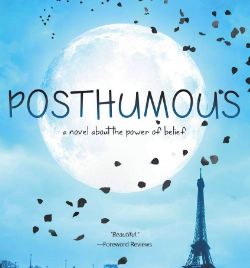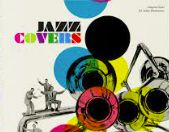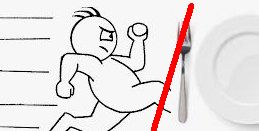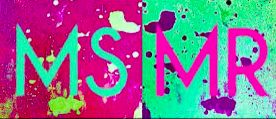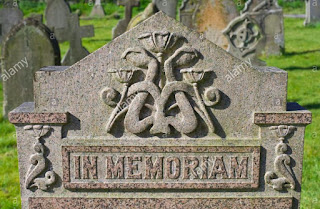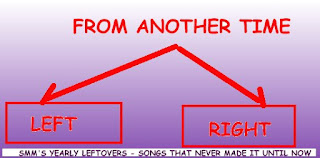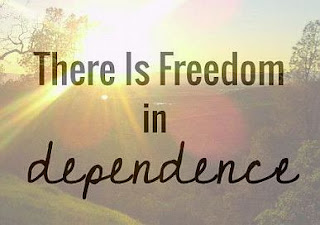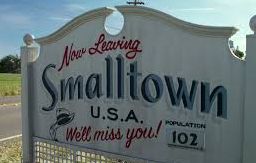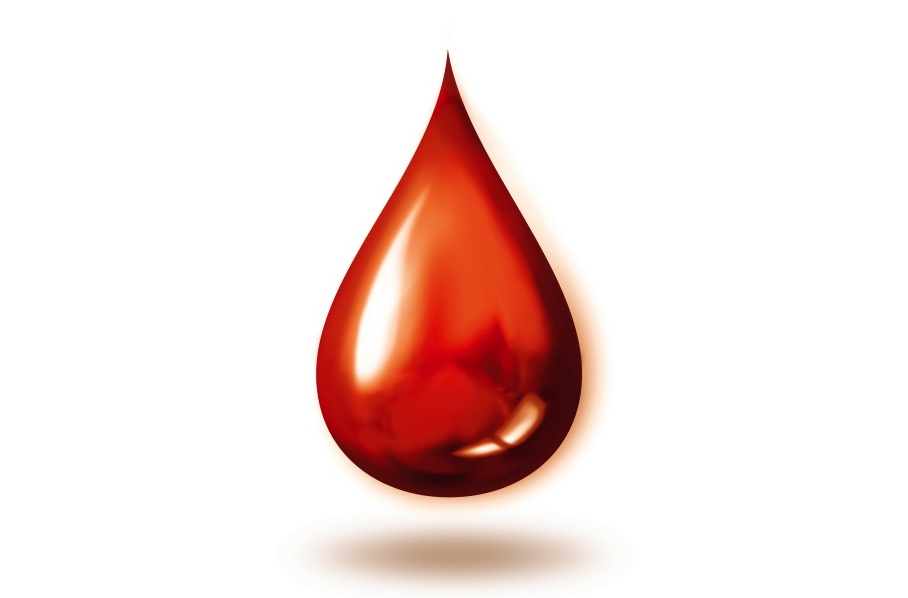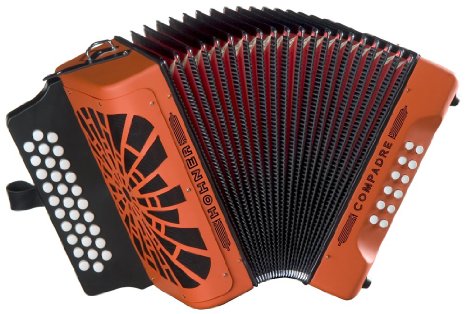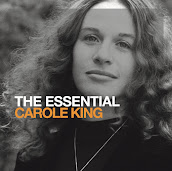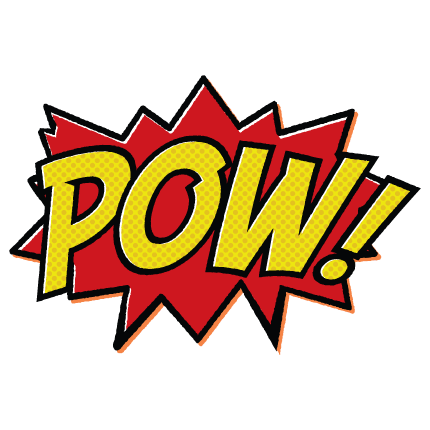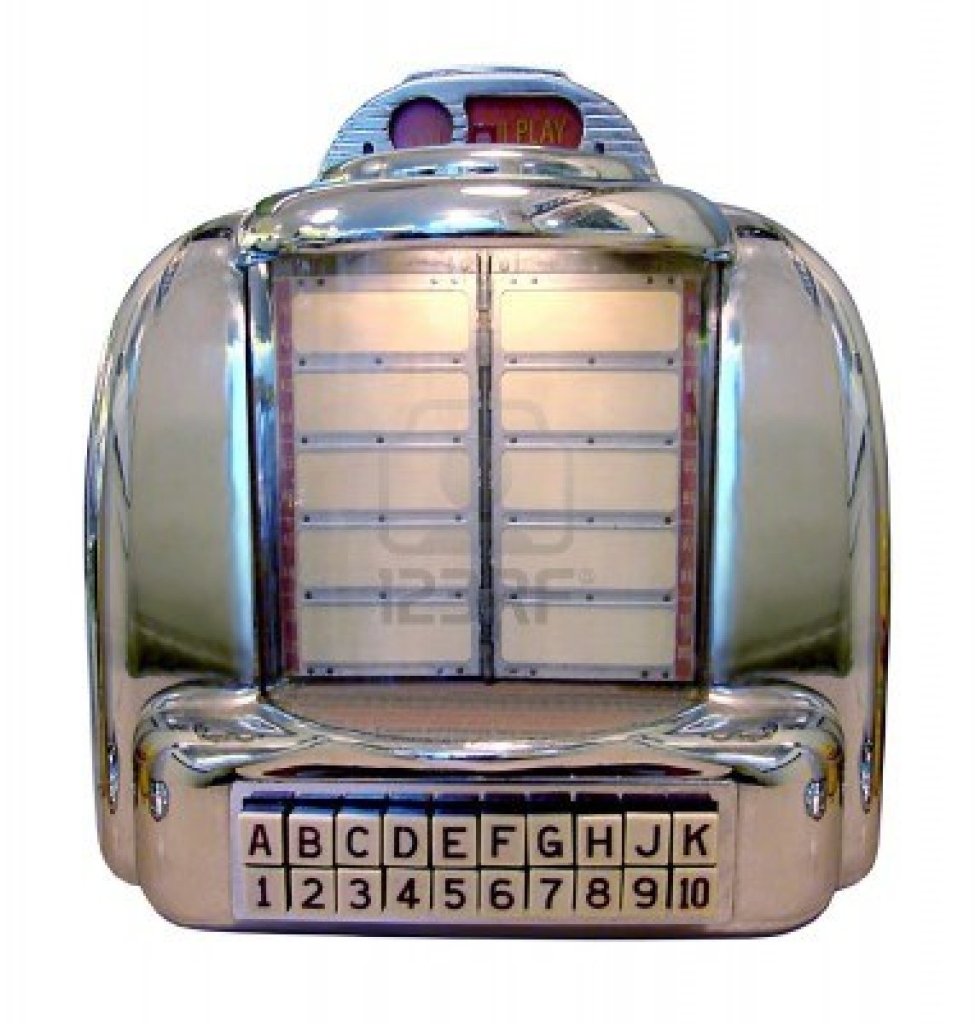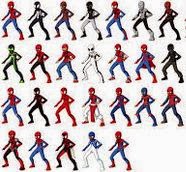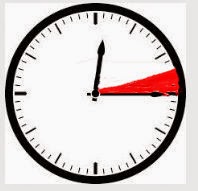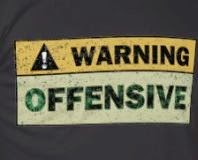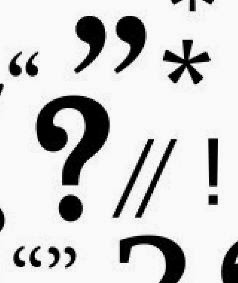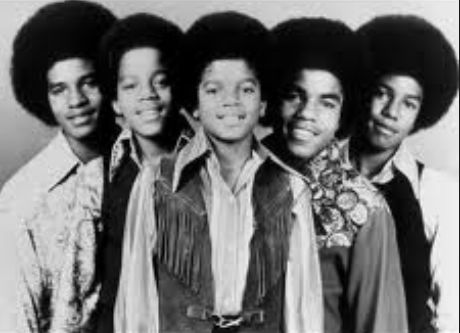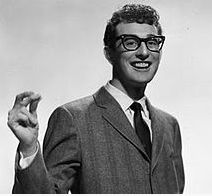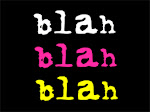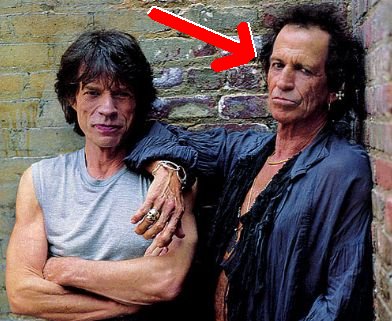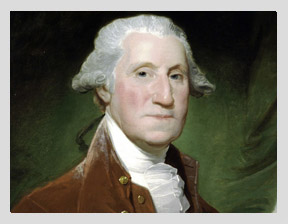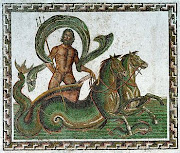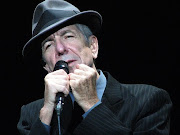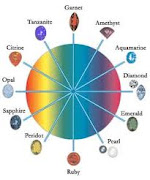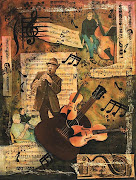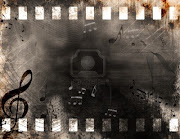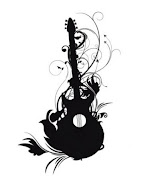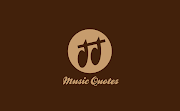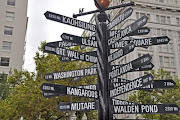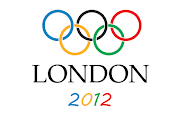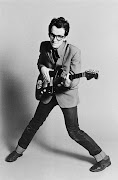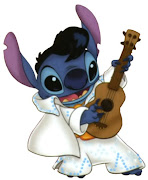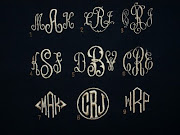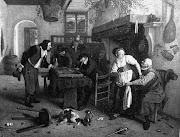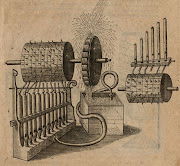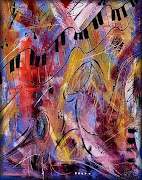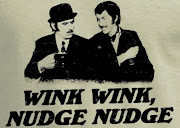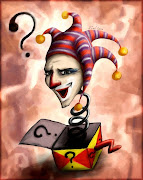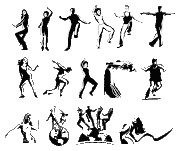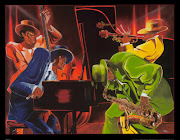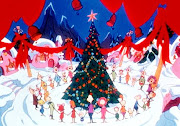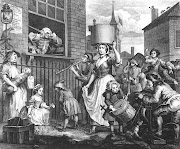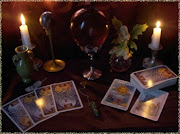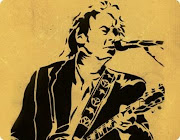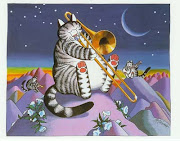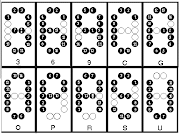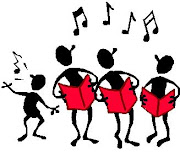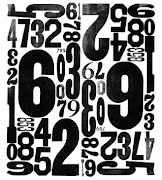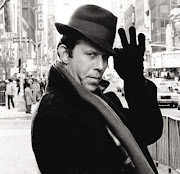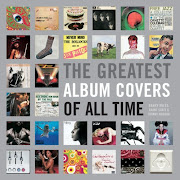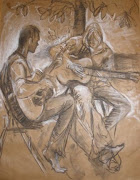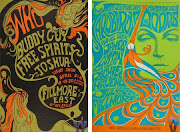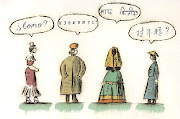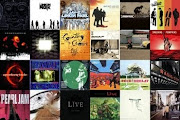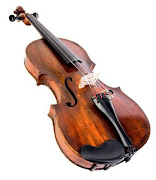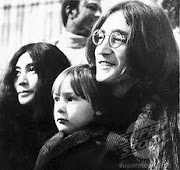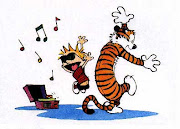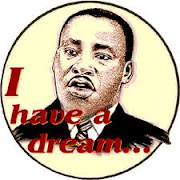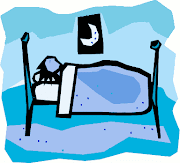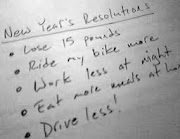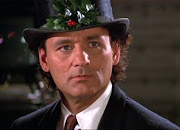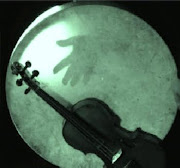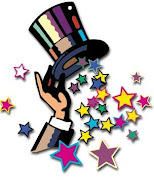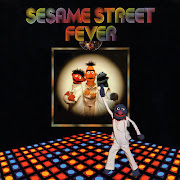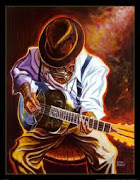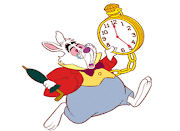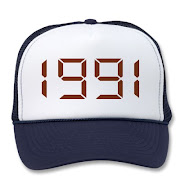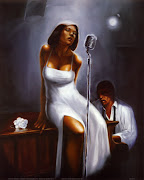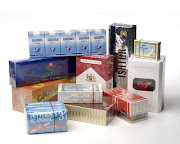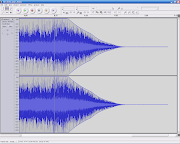Saturday, April 22, 2017
70s Motown: Doctor My Eyes
Posted by Andy La Raygun at 10:03 AM View Comments
Labels: 70s Motown, Doctor My Eyes, jackson browne, Motown, The Jackson 5
Friday, April 21, 2017
70s MOTOWN: Harvest for the World
This could be a harder assignment than it might initially appear, so spoilt for choice is the vast legacy of this iconic label, the yin to Stax's yang in the history of black popular music. And whilst, yes, my personal taste errs now more to the southern grit(s) of Stax, my childhood was festooned and imprinted with all those hits from the Motor City. It seemed that for every guitar band in the charts, there were twice that number of sharp dressed dudes and shiny frocked floozies, singing and dancing their socks off, so ubiquitous were the Temptations, the Supremes, the Miracles, the (4) Tops etc etc etc. Indeed I came to resent their permanence: when Marvin Gaye was number 1 with (I heard it on the) Grapevine for the whole of one summer, I hated the ease with which all usurpers were kept at bay. Love it now, less so then. I acquired a dislike and distrust of the so-called the Soul that curdled mine.
So what changed it? Actually these guys, around long before and around long since, a seemingly inexhaustible supply of brothers, who suddenly, in mid 70s, discovered the alchemists stone, turning white rock boys onto black r'n'b with the simple trick of if you can't beat 'em. Namely the guitar, the electric guitar. Based around brothers, Ronald, Rudolph and O'Kelly Isley, the Isley Brothers were a potent force in the 60s with songs such as Shout, Twist and Shout and This Old Heart of Mine, but had found their star perhaps waning a little. (Innocently, I had always assumed that better known-to-me versions by Lulu and the Beatles were the originals, these being poor copies, rather than vice-versa. Forgive me, I was just a wee boy!) Perhaps picking a trick from their erstwhile supporting and session man, James Marshall Hendrix, younger siblings Ernie and Marvin were conscripted, along with bro-in-law, Chris Jasper, beefing up the sound with guitar, bass and keyboards, electric rock guitar, bass and keyboards. I found the 3+3 album of 1973, referring to the trio plus trio as outlined above, astonishing, my gateway drug to an appreciation of black music hitherto denied by a prejudice, not of colour but of image. But these were way cooler than the bands namechecked above: no more suits, replaced instead with bandannas and tie-dye all the way, arguably standing the scrutiny of time less well, but hey...... Scales dropped, Damascus seen and I was on the bus, with all the previous suspects reciprocating my conversion, Stevie Wonder and the Temptations, for two, swiftly becoming suitable rock visionaries, whether by virtue of their music or lifestyle, irony not unintended.
This is my salute to the Isleys, who persevere, still with Ron and Ernie enrolled in the cause. This, their finest moment, Harvest for the World, an apt pointer for those, and there are many, who might see now as a time right to make a Harvest OF the World.
Disclaimer: 3+3 was on Epic records. That may be the truth, but that's not what most will think, so, spiritually, at least, I rest my case.
Entry level? (Recommended, a fabulous selection.)
Specific.
Posted by Seuras Og at 7:12 PM View Comments
Labels: 70s Motown, Harvest for the World, jimi hendrix, The Isley Brothers
70s Motown: Living for the City
purchase [Innervisions]
When I first saw him live, he was billed as Little Stevie Wonder. I'm pretty sure he played the harmonica. And I probably had one of his albums and a few 45s at that point in time. That would have been late 60s. I recall being affected by My Cherie Amour - on AM radio - a decent piece filled with emotion over the medium that was "par for the course" back then.
Recently, there was an obituary in the NYT for Sylvia Moy. Moy was working as a songwriter for Motown at about the time when Motown sensed that there was a serious limitations to the "Little" Stevie Wonder process. She asked to take on the project. One of the results of the collaboration was My Cherie Amour.
Talking Book, then Innervisions and Songs in the Key of Life spread out over the 70 along with a couple of other albums that don't quite make the grade for me - these are classic Wonder. Around 1972/3, there is a major style switch - away from the slightly tinny 60s soul style to a much richer production primarily fueled by a new keyboard style. And at about this time, Wonder takes more control of his music (switching labels, new contracts ..) and the quality of his work leaps forward.
We have here what is not really a cover - except that it is: Ray Charles works together with Stevie Wonder in this version of Living for the City.
Ray Charles was not a "Motown artist"- he had signed with Atlantic (back once again indirectly to Turkey & Ahmet Ertegun). But Atlantic was poaching Motown at this point in time: Aretha, Wilson Pickett, Otis Redding .. they were all Atlantic artists. And ... collaboration often makes things better.
Posted by KKafa at 8:14 AM View Comments
70s Motown: Ball of Confusion
The Temptations: Ball of Confusion
[purchase]
This one barely fits our theme, having been released in 1970. For the Temptations at least, the classic Motown sound of the 1960s was already a thing of the past. Musically, this one presented a powerful mix of funk and rock, a combination that would prove to be a fruitful mix later for George Clinton with his groups Parliament and Funkadelic, and even later for Prince. But here we see that Motown was there first. During the decade of the 70s, Motown would gradually lose their musical leadership role, becoming followers into the land of disco by the end of the decade. But, in 1970, the Temptations got Ball of Confusion onto transistor radios throughout the land. That is how I first heard this one when it became a hit. Probably its lyric of social relevance would never have made it onto AM radio had it not been the Temptations. They were already AM radio staples for their work to that point, so pop chart fans wanted to hear their new one. The new song was part of a trend of socially relevant songs of the period, but most were by white artists, and very few explicitly addressed the issue of racism.
As it was, a stream of songs that were bland and worse, by such luminaries as the Archies, was suddenly and almost violently interrupted one day by Ball of Confusion. The transistor radio I referred to earlier was not mine, and I hated most of the songs I heard on it. But I listened, because the radio itself was a novelty. I knew of only one transistor radio in all of the small town I grew up in, and it belonged to a friend. So I listened because he actually liked this stuff, and I wanted to hang out with him. Ball of Confusion then became an important song to me not for its social awareness, but as a musical lifeline in a sea of dreck. I am happy to say that, listening to the song today, the quality of the music still stands up.
Posted by Darius at 3:33 AM View Comments
Labels: 70s Motown, The Temptations
Thursday, April 20, 2017
70s Motown: I Want You Back
Graham Parker & The Rumour: I Want You Back (Alive)
[purchase]
“I Want You Back” was recorded by the Jackson 5 as the first single the band released on Motown, on October 7, 1969, so I’m kind of pushing the theme a bit. But it became a Billboard No. 1 single for the week ending January 31, 1970, so there’s that.
By the time that Michael Jackson died in 2009, he had gotten pretty strange, what with the skin lightening, the nose, the glove, the monkey, the Neverland ranch and the sexual molestation allegations. But as a child myself when “I Want You Back” was released (MJ was born three years before me), it never struck me how strange it was that the Jackson Five songs about love and loss were being sung by an 11 year old child.
And yet, it is hard to deny that “IWYB” is a great song, with an incredible riff. It was ranked 121 on the Rolling Stone list of the 500 greatest songs of all time, and the notoriously picky Pitchfork listed it as the second best song of the 1960s (sorry, theme maker). Apparently, the Daily Telegraph said that it was “arguably the greatest pop record of all time.” As a lawyer in my non-blogging time, I’m always wary when someone uses the word “arguably,” but it is certainly in the conversation.
Not surprisingly, it has been covered many, many times. My favorite version is by Graham Parker & The Rumour, who regularly began performing the song on their 1979 tour supporting Squeezing Out Sparks, the album that briefly catapulted them to fame. It was originally released as a single, with “Mercury Poisoning,” one of the great record company “fuck you” records of all time, and later as part of the Live Sparks radio station promo disc (ultimately released to the public as a bonus CD with Squeezing Out Sparks). Parker’s version is, predictably, intense. That it is being sung by an angry adult seems way more appropriate than the pre-teen fronted original. But who says rock ‘n’ roll needs to be appropriate?
Proof that “I Want You Back” is a great song is demonstrated by the fact that it works in pretty much any genre. My friend Patrick wrote about Five Good Covers of the song, including the Parker version, here, and it also is successful in jazz instrumental and vocal versions, Brazilian versions, performed by a steel drum band (hey--that fits the last theme!), as an emo song, in Japanese, by former Michael Jackson backup singer Sheryl Crow (here, inaccurately, but more theme-appropriately, introduced by Jamie Foxx as a “1973 hit”) and, predictably, if excellently, by Bruno Mars.. Although, I’m not liking this version.
But if you want to see something incredible, again, thanks to Patrick, here’s a version with just Michael Jackson’s vocals.
Posted by Jordan Becker at 9:29 AM View Comments
Labels: 70s Motown, Bruno Mars, graham parker, Graham Parker & the Rumour, Jamie Foxx, Michael Jackson, Sheryl Crow, The Jackson 5





































